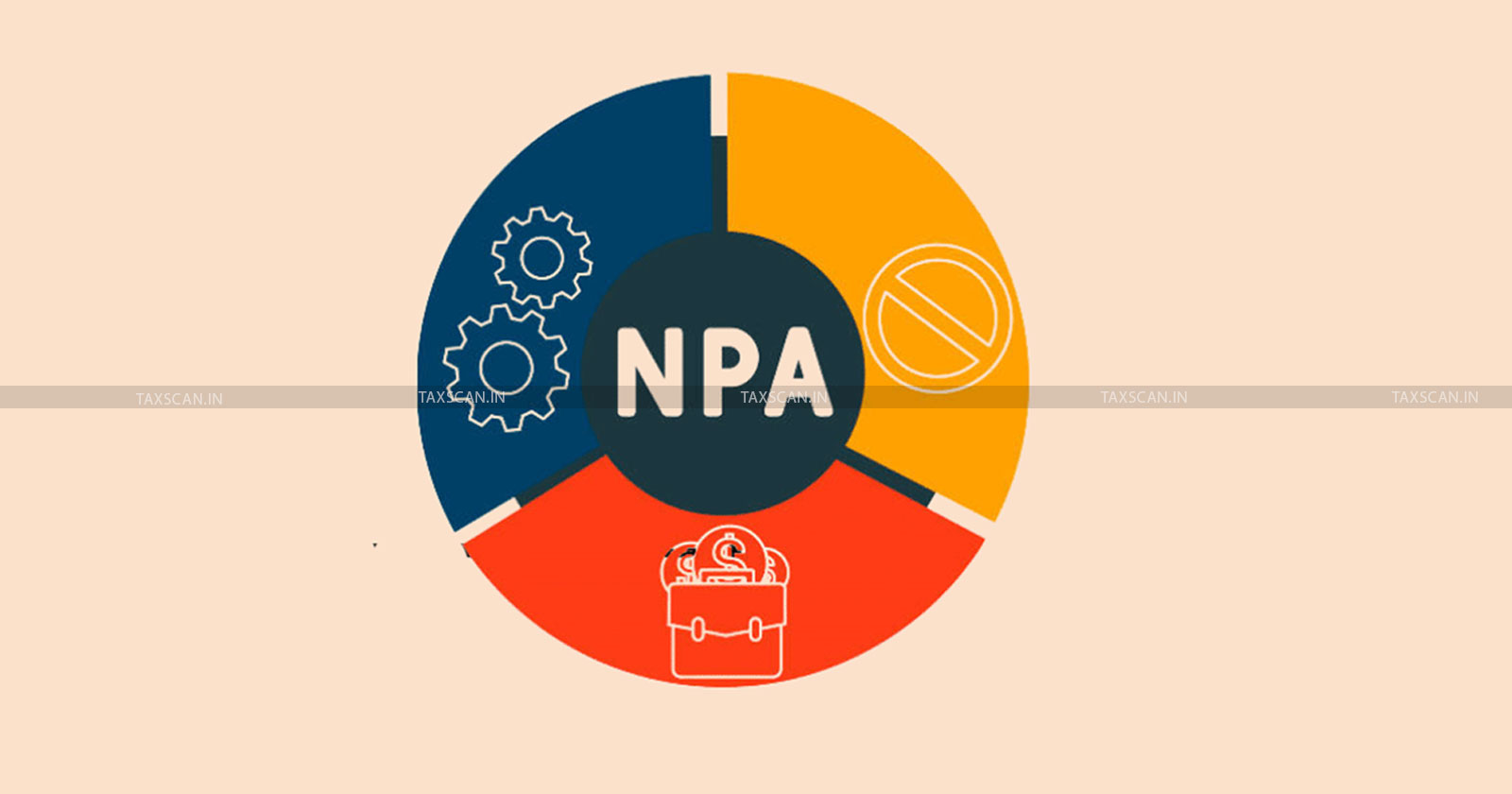Anti-Fraud Dept Must Conduct Assessee-Specific GST Investigations, Cannot Issue Standardized Notices to All: Calcutta HC [Read Order]
Calcutta High Court held that the Anti-Fraud Department must conduct assessee-specific GST investigations and cannot issue standardized notices without proper basis
![Anti-Fraud Dept Must Conduct Assessee-Specific GST Investigations, Cannot Issue Standardized Notices to All: Calcutta HC [Read Order] Anti-Fraud Dept Must Conduct Assessee-Specific GST Investigations, Cannot Issue Standardized Notices to All: Calcutta HC [Read Order]](https://images.taxscan.in/h-upload/2025/08/05/2073276-anti-fraud-dept-anti-fraud-dept-must-conduct-assessee-specific-gst-investigations-taxscan.webp)
In a recent ruling, the Calcutta High Court directed the Anti-Fraud Department to conduct assessee-specific investigations in GST fraud cases and held that issuing standardized notices to multiple individuals without proper inquiry is impermissible.
The matter arose from a batch of standardized notices issued under Section 160 of the Code of Criminal Procedure (CrPC) by the Anti-Fraud Department of the Kolkata Police. These notices were issued following directions passed by a single bench in connection with a writ petition involving alleged fake GST filings, which had caused substantial revenue loss to the government.
 Also Read:Loans Qualify as NPAs After 180 Days of Default Under Income Tax Rules, Not 90 Days per NHB Guidelines: Supreme Court Rejects HUDCO’s RP [Read Judgement]
Also Read:Loans Qualify as NPAs After 180 Days of Default Under Income Tax Rules, Not 90 Days per NHB Guidelines: Supreme Court Rejects HUDCO’s RP [Read Judgement]
The petitioner, Himangshu Kumar Ray, a practicing advocate, challenged these notices, arguing that they were issued indiscriminately to multiple taxpayers and advocates without any specific allegations or evidence linking them to fraudulent activity. The notices referred to an FIR filed by the Hare Street Police Station but failed to provide individualized reasoning or documentation.
Comprehensive Guide of Law and Procedure for Filing of Income Tax Appeals, Click Here
In response, the State counsel defended the department’s actions, citing the need to investigate large-scale fraud and the directions of the single judge.
The bench comprising Chief Justice T. S. Sivagnanam and Justice Hiranmay Bhattacharyya held that the directions had been misinterpreted and misapplied. The court clarified that the order only permitted an investigation into potentially fake writ petitions, not a blanket inquiry into all advocates or taxpayers.
 Also Read:Bogus LTCG Addition u/s 68 Not Sustainable: ITAT Validates Demerger-Allotted Shares Transaction Citing Genuineness of Documentary Evidence [Read Order]
Also Read:Bogus LTCG Addition u/s 68 Not Sustainable: ITAT Validates Demerger-Allotted Shares Transaction Citing Genuineness of Documentary Evidence [Read Order]
The court explained that any investigation into GST fraud must begin with a detailed analysis of available records by the GST authorities. Only after such a review should authorities proceed against specific assessees, based on concrete evidence. Issuing mass notices in a standard format, the court held misuse of process was not in accordance with the law.
The High Court set aside the standardized notices issued under Section 160 CrPC and directed the Anti-Fraud Department to conduct proper, targeted investigations based on individual facts and records. The appeal was allowed.
Support our journalism by subscribing to Taxscan premium. Follow us on Telegram for quick updates


